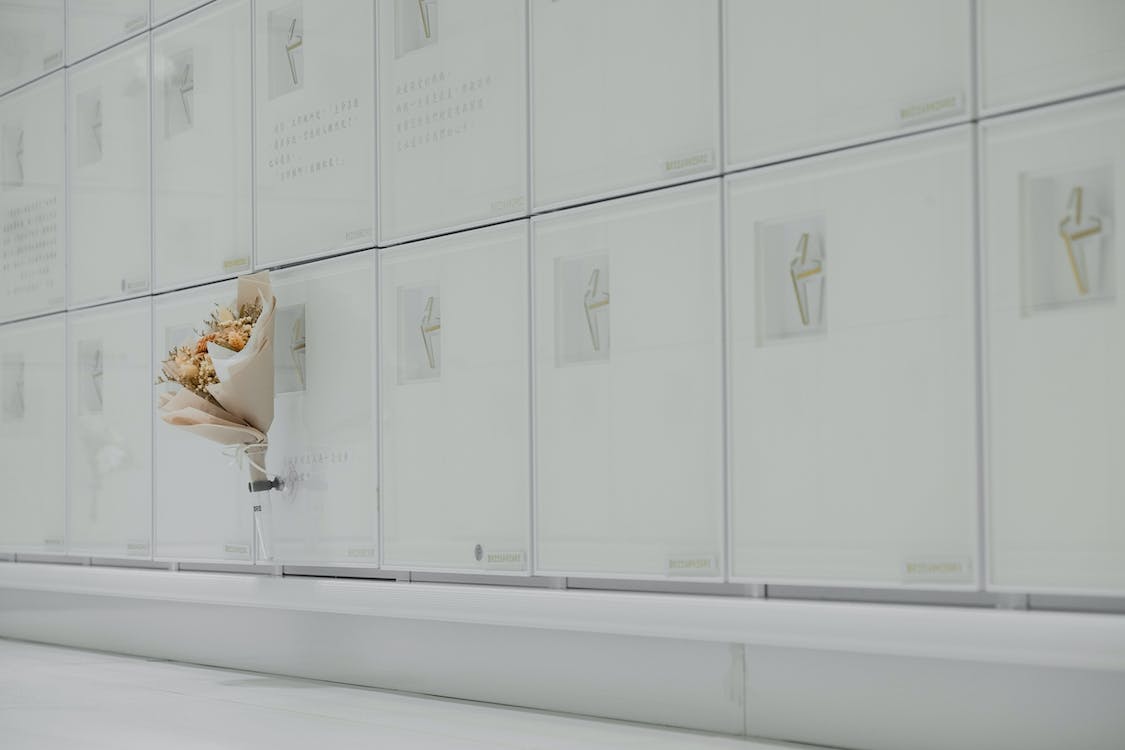Cremation services have become increasingly popular as an alternative to traditional burials in recent years. As more people consider this option, a few common questions arise. This article will address some frequently asked questions about cremation services, explicitly focusing on funeral homes in Johnstown, PA.
The Cremation Process
The first question many people have is about the cremation process itself. In a nutshell, cremation involves reducing a deceased body to cremated remains using high heat and flames in a specialized chamber called a crematory or cremation retort. The process usually takes two to three hours, after which the cremated remains are collected and placed in an urn container. The remains are then processed to a uniform size and texture, often resembling coarse sand.
Legal Requirements and Documentation
Before cremation can occur, specific legal requirements and documentation must be fulfilled. A death certificate must be obtained, and the family must provide written authorization for the cremation. Some states also require a waiting period, typically 24-48 hours, between the time of death and the cremation process. Funeral homes can help guide you through this process and ensure all necessary paperwork is completed correctly and on time.
Cremation Costs and Options
Another common inquiry is the cost of cremation services. Cremation tends to be less expensive than traditional burial, primarily because it doesn’t require purchasing a burial plot or casket. However, costs can still vary based on the funeral home, additional services, and the type of urn selected.
It’s essential to consider the various options available when planning a cremation service. Some families hold a traditional funeral service with the body present before cremation, while others opt for a memorial service after the cremation. Many funeral homes offer customizable packages to suit individual preferences and budgets.
Environmental Impact of Cremation
Cremation is often seen as a more environmentally friendly option compared to traditional burials. The process itself uses fewer resources and leaves a smaller environmental footprint. However, it’s worth noting that cremation does produce some emissions, including carbon dioxide and other pollutants. To mitigate this, many modern crematories have adopted cleaner technologies and practices to minimize their environmental impact.
Dealing with Cremated Remains
One concern that often arises when considering cremation is deciding what to do with the cremated remains. Several options are available, ranging from scattering the cremated remains in a meaningful location, interring them in a columbarium niche, or keeping them in an urn at home. Some families also choose to create keepsakes or jewelry from a small portion of the cremated remains as a lasting tribute to their loved ones.
 Pre-planning Cremation Services
Pre-planning Cremation Services
Pre-planning cremation services can provide you and your loved ones peace of mind. By making arrangements in advance, you can ensure that your final wishes are honored and your family is relieved of the burden of making difficult decisions during an emotional time. Many funeral homes in Johnstown, PA offer pre-planning services, allowing you to select the type of cremation service, urn, and other details to meet your personal preferences and budget.
In conclusion, cremation services offer a cost-effective and flexible alternative to traditional burial. It’s crucial to ask questions and gather information about the cremation process, costs, and options available when considering this choice. At Hindman Funeral Homes & Crematory, Inc., we understand the importance of providing compassionate and professional services for families during their time of need.


